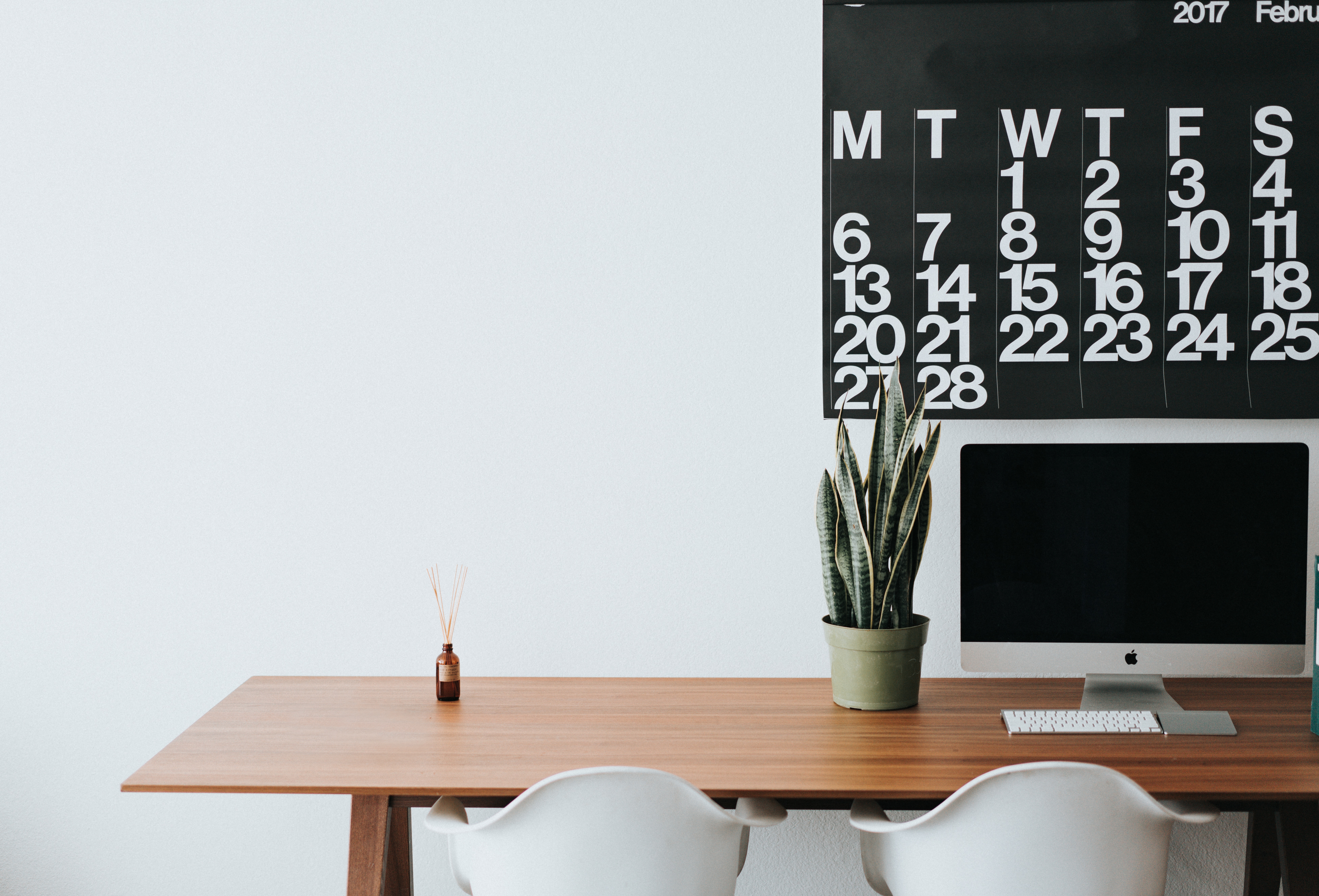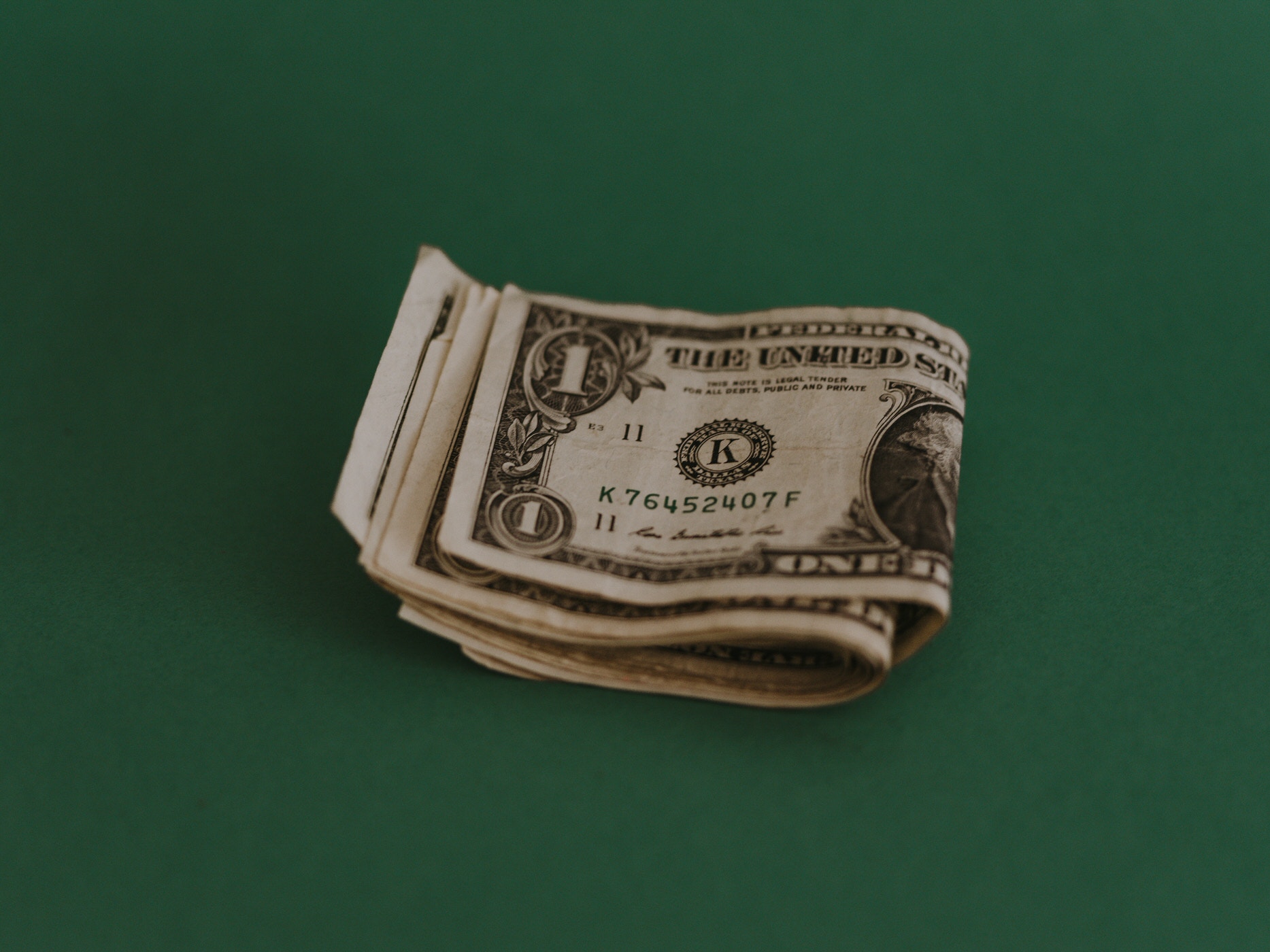Freelancers and small business owners have the good luck of being able to set their schedule, work from anywhere, and don’t have to deal with office politics. But unfortunately, we also face the problem of irregular paychecks, which can make managing your personal finances more difficult than we’d like.
Traditional budgeting advice doesn’t apply to most freelancers. A common piece of money advice is to automate savings each week, which makes it easier and helps you avoid overspending. But when you get paid irregularly, weekly automated savings might make you overdraft your account, and you could get hit with fees. Managing a budget with an irregular payment schedule is totally possible, and you can develop a system that works for you.
Find a System that Works For You
Not all budgets are created equal. Maybe your boo loves their spreadsheets, and your best friend uses a budgeting app. You need to find which system works for you.
Budgeting is simply tracking the money that comes in and the money that goes out. You can do it in a notebook, a spreadsheet or an app. Start with what feels right for you and see how it works.
Within your budget, account for your spending AND your saving. Saving is important for anyone, but even more so for freelancers. Savings will be your hero in case of unexpected pay delays or bills.
Budgeting should feel empowering and freeing.
You want to feel in control, not stressed out. Finding the right tools to use are a big part of this. If you dread spreadsheets, don’t force yourself to use one!
Tip: For freelancers, try and have at least three months of living expenses saved before going full time as a freelancer. These savings can act as a buffer for when you have large gaps between paychecks.

Track When and Where Your Payments Come In
Knowledge is power, and nowhere is that more true than with your freelance finances. If you work with multiple clients who pay on different schedules and different platforms, you need to get clear on where and when you can expect payment.
For example, say you have Client A who pays you 30 days after invoicing via PayPal. Client B pays 60 days after invoicing via direct deposit. Client C also pays 30 days after invoicing, via check.
If you do a $1,500 project for all three clients and invoice them all on the same day, you know that you can expect $3,000 within 30 days, via check and PayPal. Using this information, you can plan to pay bills 31 days after you invoice.
Tip: Mark your expected payment dates on your calendar, and track when you actually get paid in a spreadsheet or an accounting program. If you know a client pays early or late, you can use that information to manage your budget better.
Always Include Taxes
Freelancers are responsible for paying their own taxes, and that means working it into your budget. A safe bet is to save 30% of every paycheck you get for taxes, so that you have enough for Uncle Sam.
That means you are only taking home 70% of what you actually charge.
Consider this when you set your rates and when you look to reinvest in your business. When it comes to your personal and business budget, work from 70% of your income, not the full 100%.
Tip: The quarterly tax due dates for 2020 are April 15th, June 15th, September 15th, and January 15th 2021. Put a reminder for them each a week AHEAD of the due date so you never miss it!

Planning For Business Costs
There’s a literal cost to being in business - we have to pay for our website hosting, our marketing, and our new equipment. One area that it’s all too easy to get blindsided in is annual subscription fees. I know it’s happened to me - you pay for something in March and then forget about it for the next 12 months. When the annual fee appears on your credit card the following March, it throws off your budget. The worst!
A great way to avoid these very un-fun surprises is to set an alert in your calendar for three weeks before annual costs come due. This way, you have two advantages: you know when the bill is coming well before the charge hits your card, AND you have the chance to decide if you’d rather cancel this cost than pay it again.
Another easy way to make sure that you have the money you need is to open up a savings account for your annual business costs. Tucking away money throughout the year for them means you don’t have to magic up an extra $2,000 in one month.
Tip: Organize your business bank account with different savings accounts for different expenses.
As freelancers, often we’re focused on EARNING money, and actually MANAGING it falls to the side. We’re always looking to land a new client, or focused on marketing ourselves more, and our budgets become an afterthought. Strange payment schedules don’t help with this! Finding a system that works for you, building savings, tracking your payment due dates and planning for annual costs will all help you out there in the wild world of freelance budgeting.
